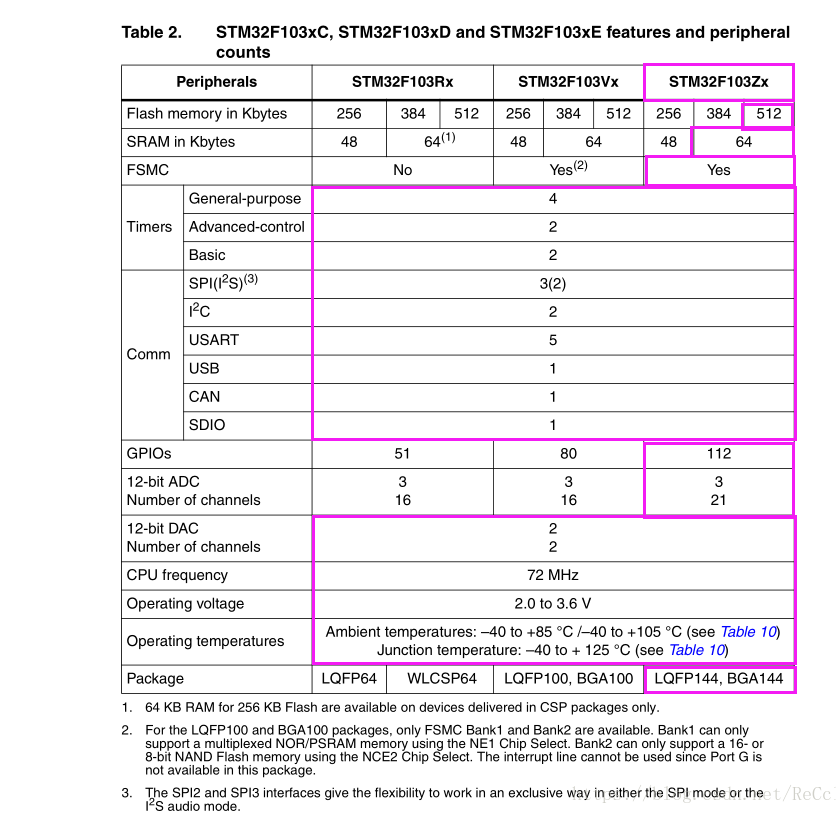Introduction to STM32 development board
Introduction to STM32 development board1、Initial understanding of STM32F103ZET61.1、ST official study materials1.2、Peripherals of STM32F103ZET62、STM32F103ZET6 programming methodST-LINK burning method
1、Initial understanding of STM32F103ZET6
1.1、ST official study materials
www.stmcu.org.cn :This website is a link to the ST Chinese community, which includes information on all MCUs of ST, such as: STM32F1 latest chip documentation (reference manual, data manual, errata manual, programming manual, etc.), software resources (firmware library, configuration tools, PC software, etc.), hardware resources (various official evaluation boards), etc.
https://www.st.com/content/st_com/zh.html :This URL is the official link of ST. You can get the latest and most complete information about ST on the website. For beginners, it is okay to obtain ST official information from the ST Chinese community. Because the information of the ST Chinese community is generally moved from ST's official website, but if you want to find the latest STM32 information, you still have to go to ST's official website to search.
1.2、Peripherals of STM32F103ZET6
As you can see from the figure below, the peripherals supported by ZET6 include: 2 basic timers, 4 general timers, 2 advanced timers, 2 DMA controllers (total 12 channels), 3 SPI, 2 I2C, 5 serial ports, 1 USB, 1 CAN, 3 12-bit ADCs, 1 12-bit Dacs, 1 SDIO interface, 1 FSMC interface, and 112 general IO interfaces

2、STM32F103ZET6 programming method
ST-LINK burning method
wiring
| ST-link V2 debug downloader | STM32F103ZET6 |
|---|---|
| VCC | 3V3 |
| SWDIO | SWDIO |
| SWCLK | SWCLK |
| GND | GND |
Software used: STM32CubeIDE
For the specific construction of the development environment, please refer to the [Development Environment Construction and Use] content in the tutorial, so I won’t go into details here.